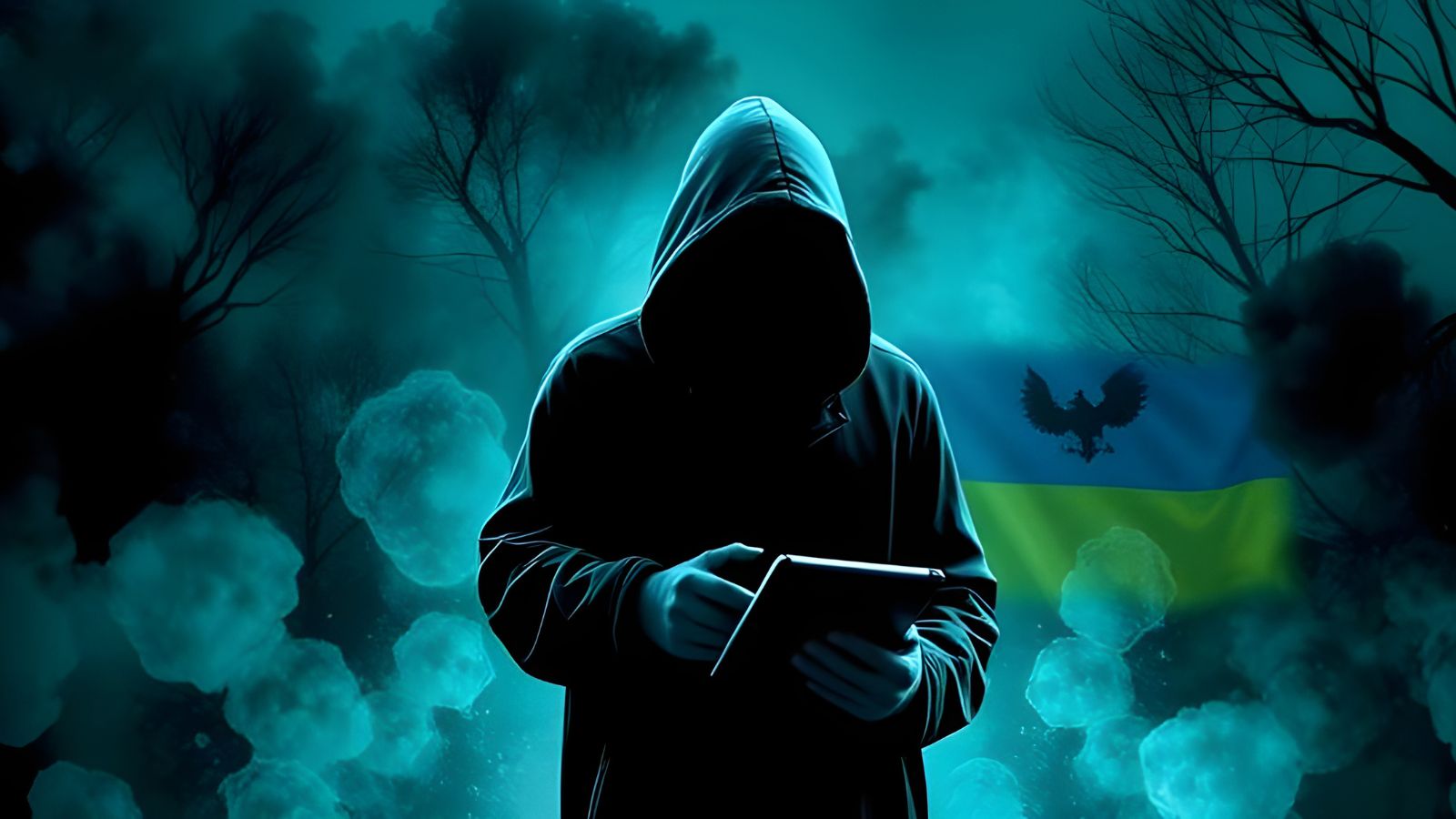
“Tiananmen Square” Anniversary Highlights Who Bows Down to the Chinese State
- Tiananmen square protests anniversary had winners and losers this year.
- Twitter tackled fake news and Chinese government propaganda, taking down extensive disinformation networks.
- Zoom suspended the accounts of activists, admitting that they lacerated free speech due to local laws.
Last year, the Tiananmen anniversary brought negative publicity for Twitter, which was accused of massive censorship on the social media platform. The same was the case with WeChat, Weibo, and various other websites that had to give in to Beijing’s demands. This year, the stance of the Chinese state was the same, but the internet companies that chose to willingly show obeisance were different. Thus, this anniversary is serving as an atypical test that highlights who follows oppressive demands and who doesn’t.
The Chinese government doesn’t want people to commemorate what happened in the 1989 massacre, or at least not in a way that involves criticizing the state for what they did back then. Without going into many details, protestors gathered in the square during times of extensive political corruption, economic inflation, nepotism, lack of accountability, lack of freedom of the press, and lack of freedom of speech. The state answered by mobilizing the military, cracking down the protests with hard-line tactics that resulted in the death of 2,700-3,400 people, and the wounding of tens of thousands. Not only is this event a dark page in the modern history book of China, but it reflects very badly today, as the problems that sparked the protests in 1989 remain largely unchanged.
Whereas last year Twitter went with the Chinese state’s requirements, this year the platform took a 180-degree turn. As the social media company announced, they blocked 23,750 accounts from China, which dissipated coordinated propaganda against the Tiananmen anniversary and the events of 1989, and in favor of the Communist Party of China. This core fake news network was backed by another 150,000 “booster” accounts, which helped with the amplification of the posts. Twitter also blocked this “support” network.
On the other side, Zoom has shut down the accounts of activists who were vocal about the Tiananmen square carnage and made connections with what’s going on in Hong Kong today. The same happened with university students and leaders of humanitarian organizations who organized and held online conference events that dealt with “sensitive” topics. The activists who had their accounts suspended asked the platform to provide an answer, but Zoom didn’t provide an explanation to them. Officially, Zoom stated that any accounts belonging to U.S. groups have been reinstated now and that they had no other choice than to comply with the laws of China.
As they said:
“We regret that a few recent meetings with participants both inside and outside of China were negatively impacted and important conversations were disrupted. It is not in our power to change the laws of governments that are opposed to free speech. However, we are committed to modifying our processes to further protect our users from those who wish to stifle their communications.”






